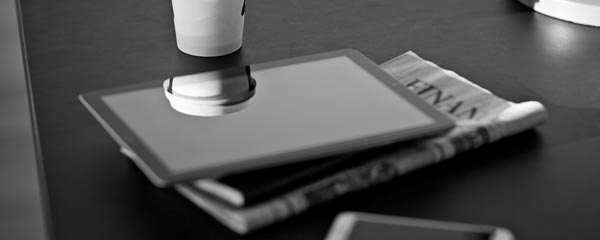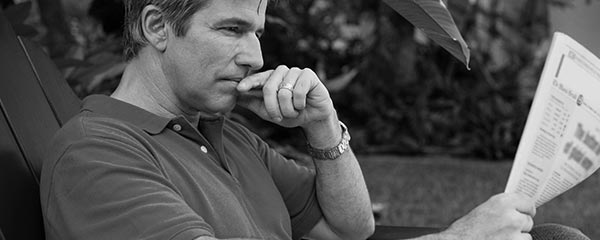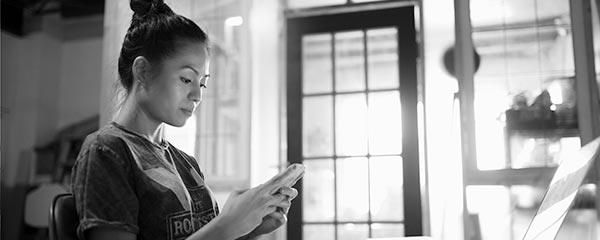WASHINGTON, D.C. -- Americans who come into direct contact with local news organizations tend to exhibit more trust in the local media and greater civic engagement in the local community. However, the experiences U.S. adults have interacting in person with local media vary widely.
A low of 15% of Americans report calling into a talk show, for example, while a high of 74% have seen a local news organization's van or truck driving around town. Meanwhile, more than half, 55%, have seen someone else being interviewed by a local news reporter, and 30% say they have been personally interviewed themselves.

The extent of casual contact with people in the local news industry is also quite high, with 42% having met someone who works for a local news organization. However, fewer residents have been personally interviewed by a local news reporter (30%) or shared their thoughts with a local news reporter (28%).
Building on studies by the Pew Research Center that investigate , these questions offer additional insight into the extent of interaction residents have with local news organizations. Based on respondents' answers to each of the seven media contact items in the survey, Americans can be classified as having low, medium or high contact with local news media in their community. On this basis, U.S. adults are evenly distributed, with one in three in each category: having a low, medium or high level of contact.

People who are more civically engaged tend to also have more contact with the local media. Fifty-six percent of residents with high civic engagement experience high local media contact, compared with 32% of those with medium civic engagement and 14% with low civic engagement. While the relationship between civic engagement and contact with local news is seen for all forms of local media contact, the relationship is especially strong when it comes to having met someone in your community who works for a local news organization; having seen someone else being interviewed by a local news reporter; and having been personally interviewed by a local news reporter for a story. The civically engaged are especially more likely to have had each of these news experiences.
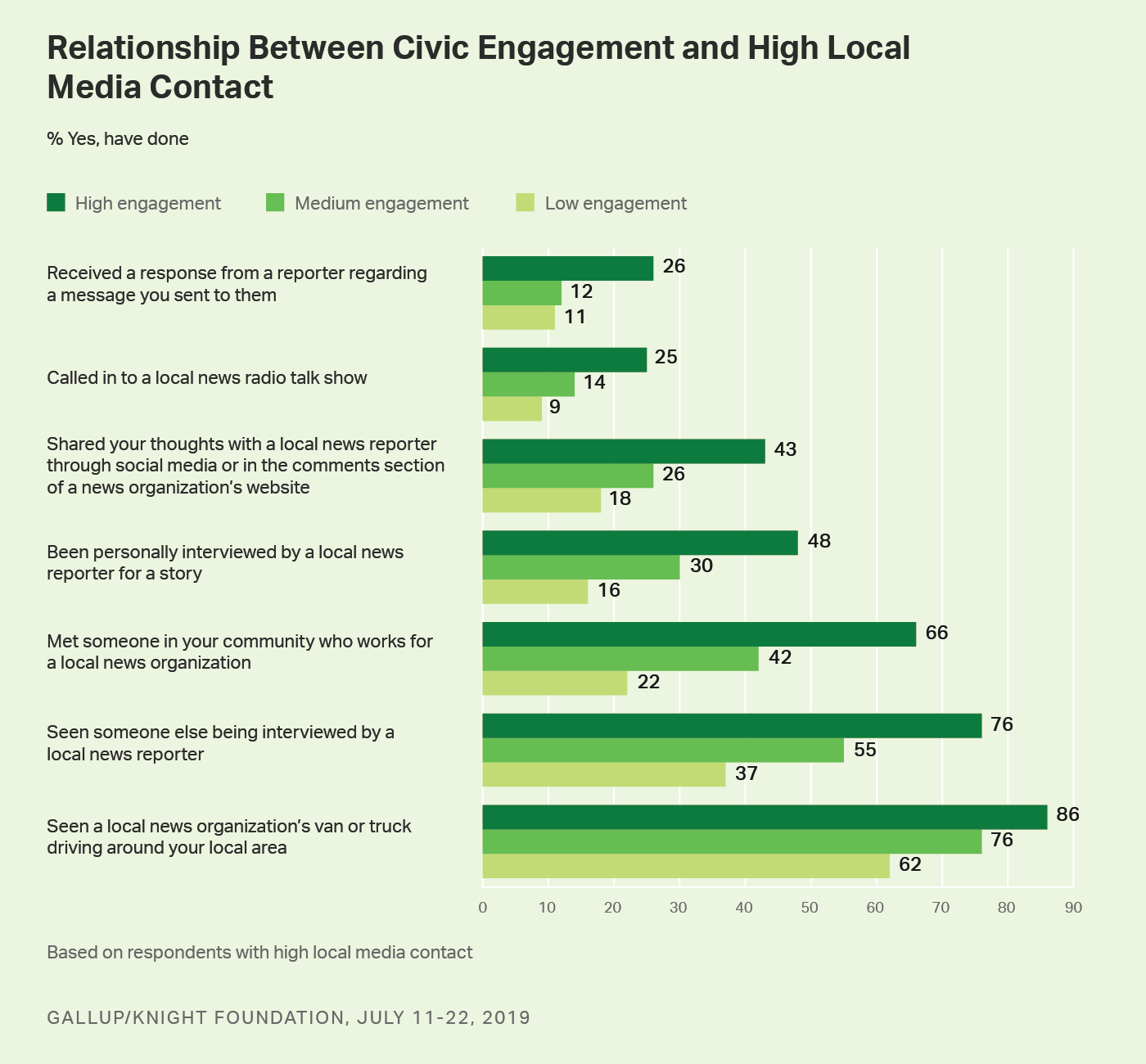
Local media contact is also associated with greater attention to local news and slightly higher levels of trust in local news organizations. Thirty-two percent of Americans with a high level of local media contact say they pay "a great deal" of attention to local news, compared with 18% for those with low local media contact. At least half of Americans with high (50%) and medium (53%) local media contact say they trust the local media a great deal or quite a lot, compared with 42% of those with low media contact.

Individual contact with local media is often tied to trust in community news organizations. But that connection differs, depending on one's partisan affiliation. Republicans with high (43% of whom trust local media) or medium (40%) local media contact are twice as likely as those with low media contact (21%) to say they trust local news organizations a great deal or quite a lot. The connection between trust and media contact among Democrats and independents is modest but still exists. Compared with those with a low level of local media contact, Democrats and independents with more contact are slightly more likely to trust local news organizations.
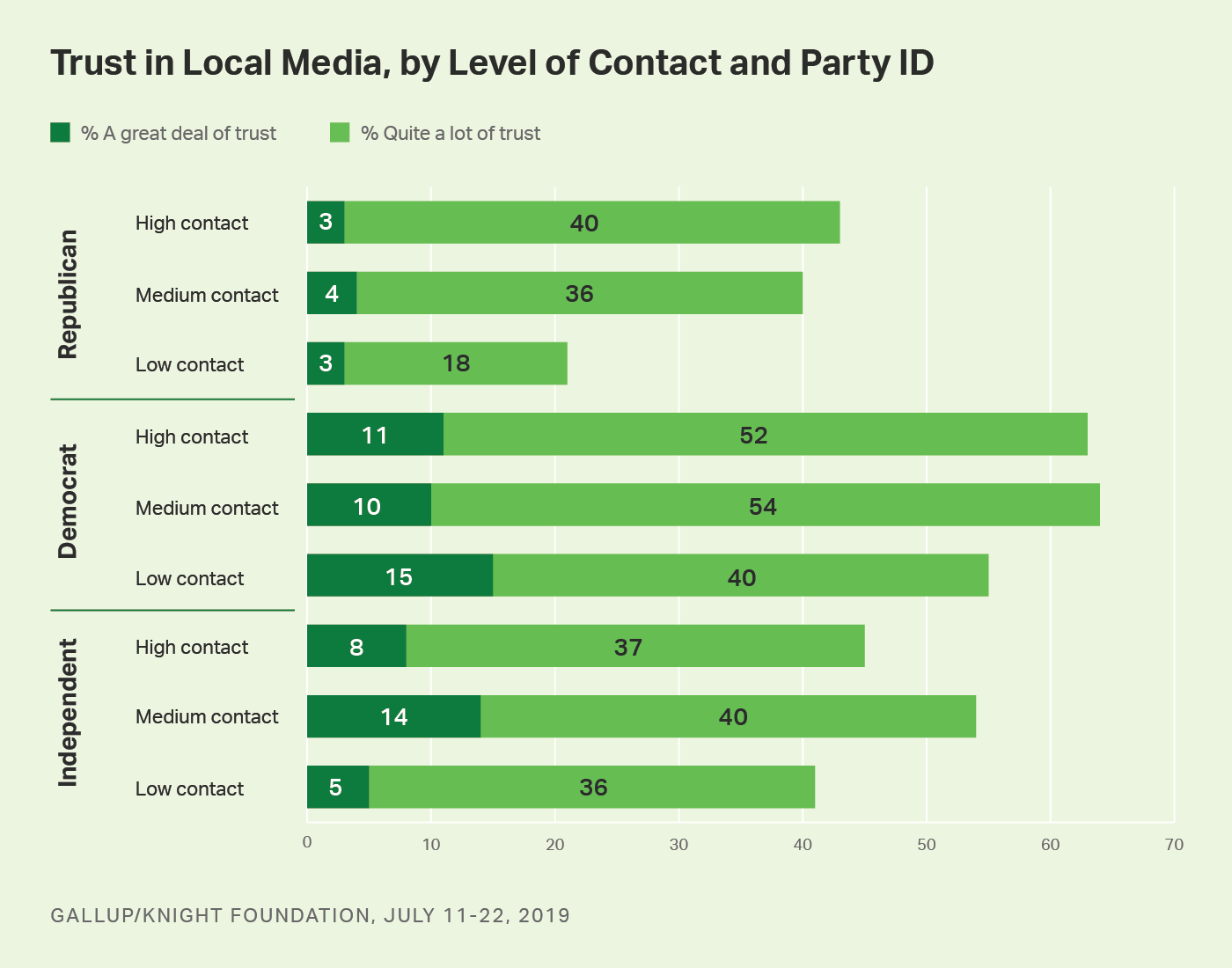
Implications
U.S. adults who have had multiple direct encounters of some kind with local media are more likely to pay attention to local news, express greater trust in local news organizations and have higher civic engagement in local affairs than adults with fewer local news encounters. Drawing a direct connection between these attitudes and self-reported behaviors is difficult to assess. For instance, the extent to which greater local media contact increases civic engagement or greater civic engagement exposes residents to more local media contact remains unclear.
Nevertheless, there is reason to believe that . More exposure to local journalists and news organizations may boost trust in local news coverage by increasing familiarity, reducing the distance between newsrooms and their potential audiences, and creating tangible connections. The relationship between trust and local media contact appears to offer support for this hypothesis, especially among Republicans with low media contact.
In an era of generally low levels of trust in the media, local news organizations and reporters have an opportunity to preserve and potentially increase trust in local news by opening more points of contact with the local community and reaching out specifically to individuals with low local media contact -- either in person or over social media.

